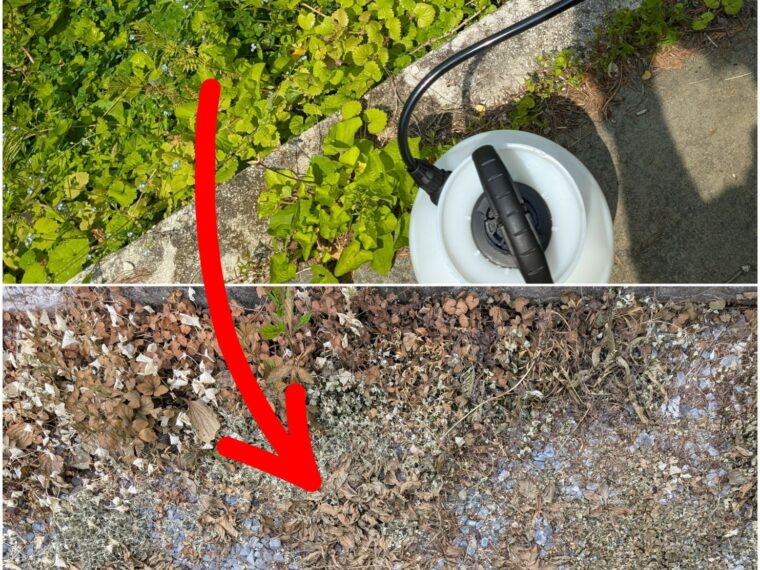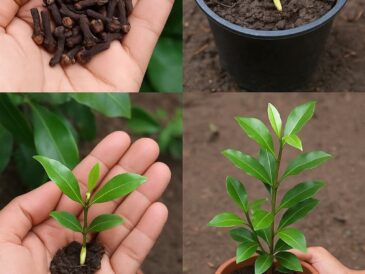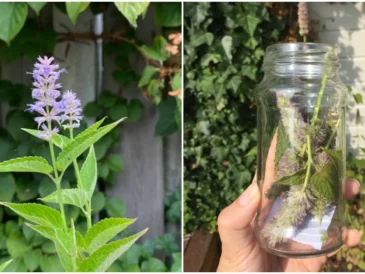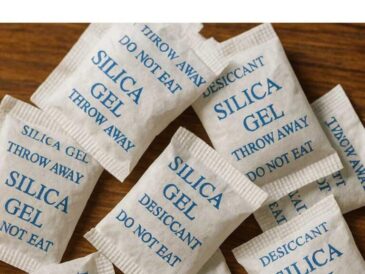Instructions:
- Pour the vinegar into a spray bottle or garden sprayer.
- Add 1 teaspoon of dish soap per gallon of vinegar to improve adhesion.
- Spray directly on weeds, saturating the leaves.
- Avoid spraying on desirable plants—this is a non-selective herbicide.
🧪 Backed by Science
Studies published by the USDA and other agricultural research institutions have shown that vinegar containing 20% acetic acid can effectively kill over 80% of weed species when applied at the right stage of growth. A study by the Cornell Cooperative Extension found that it works particularly well on dandelions, crabgrass, and pigweed.
🏡 Ideal Applications
- Driveways & sidewalks
- Gravel paths
- Between patio stones
- Fence lines
- Garden borders (with caution)
🧤 Final Thoughts
Horticultural vinegar is more than just an old gardener’s trick—it’s a powerful, natural alternative to harsh chemicals. When used wisely, it can help keep your outdoor spaces tidy, safe, and free from toxic residues.
By making the switch, you protect not only your garden but also your health, your pets, and the environment.
Pages: 1 2




